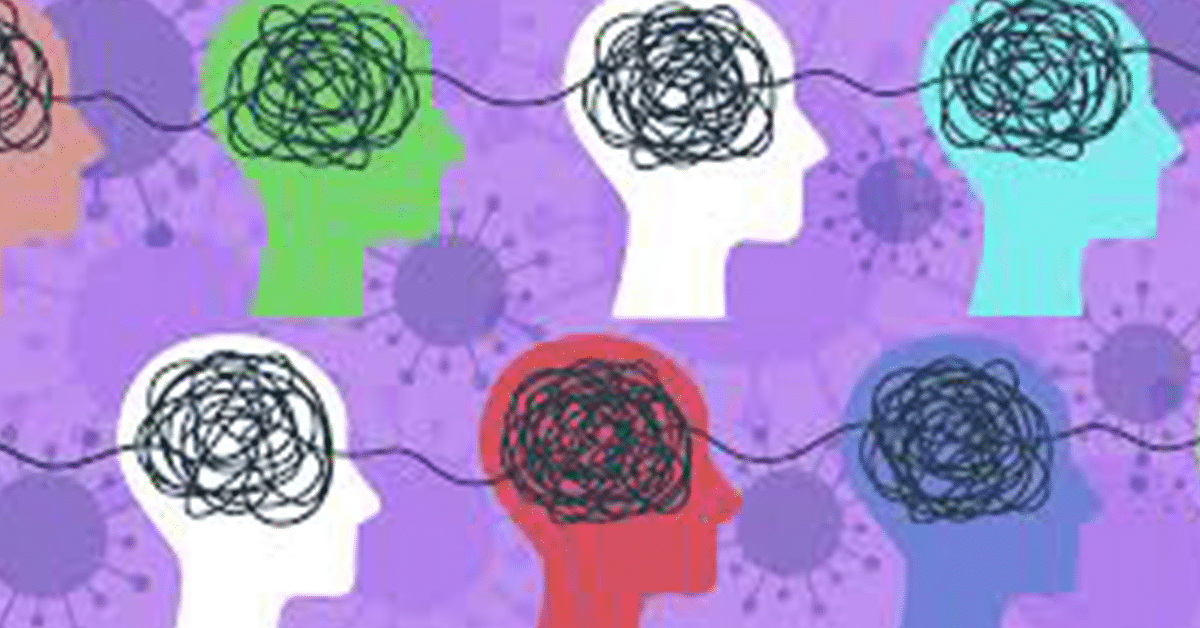I recently came across a quote by Dr. Hans Selye, “…it is important to keep in mind that stress is an abstraction; it has no independent existence.” Selye was the researcher who coined the term stress in the 1950s, so this quote is worth exploring. When it comes to stress, commonly we focus on the events in our lives that result in struggling and suffering. Selye proposed just the opposite: stress is not outside, but driven from the inside. Stress is the relationship we create with these external events. This does not mean our experience of stress is not real. All the symptoms – across mind, body and emotions – are real as the outcome of this relationship with external stressors.
When speaking about relationships, we may or may not be able to affect the outside half of this equation. We always have the capacity to affect our contribution to this relationship. Mindfulness offers a two-fold approach to managing our contribution. First, I can observe my habitual reaction to the external event. What shows up when the stressor is present – in thoughts, sensations and emotions? A key quality of mindfulness is to be kind and gentle in how we observe ourselves and these reactions. Judging and criticizing are likely just to compound the experience of stress. Suspending judgment, as best as we can, creates space between ourselves, our perception of the stressor and the reaction. This observational stance with the stressors and our reaction already put us on the path to a shift in relationship with the external event.
Secondly, I can choose to comply with the old reaction or experiment with a new response. The beauty of experimentation: there is no way to fail! No matter the outcome, I become just that much better informed on how different behaviors produce different outcomes. With time and practice, we build out a better stress response toolkit. The more extensive our toolkit, the more diverse range of stressors I become prepared to manage. Remembering that “neurons that fire together wire together,” these new responses become my new normal for how I relate to external events.
Stress – “it’s all in your head” and the way out is found there as well!
Keep Reading
Want more? Here are some other blog posts you might be interested in.








